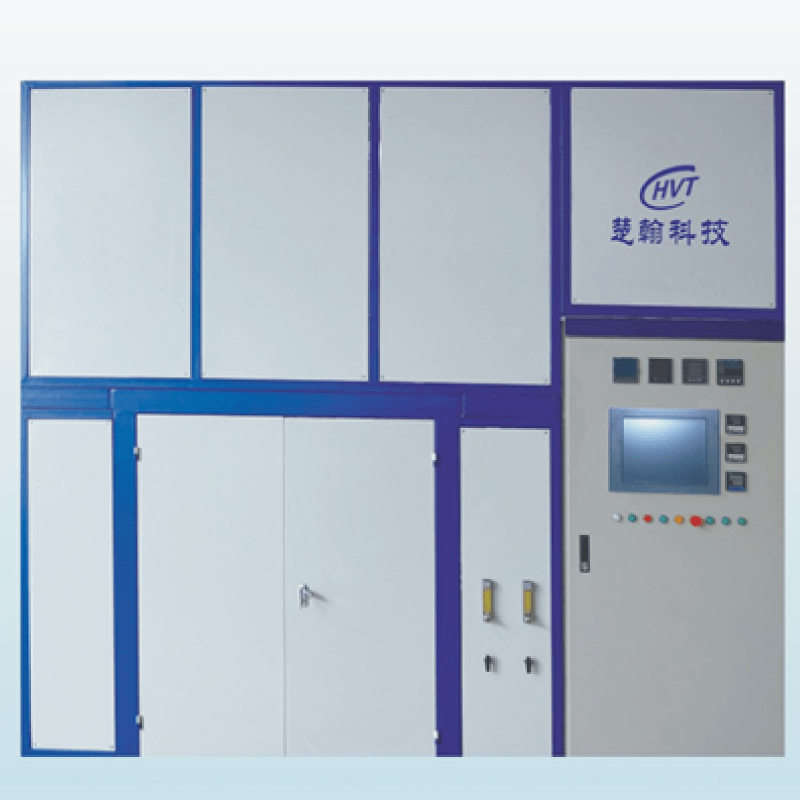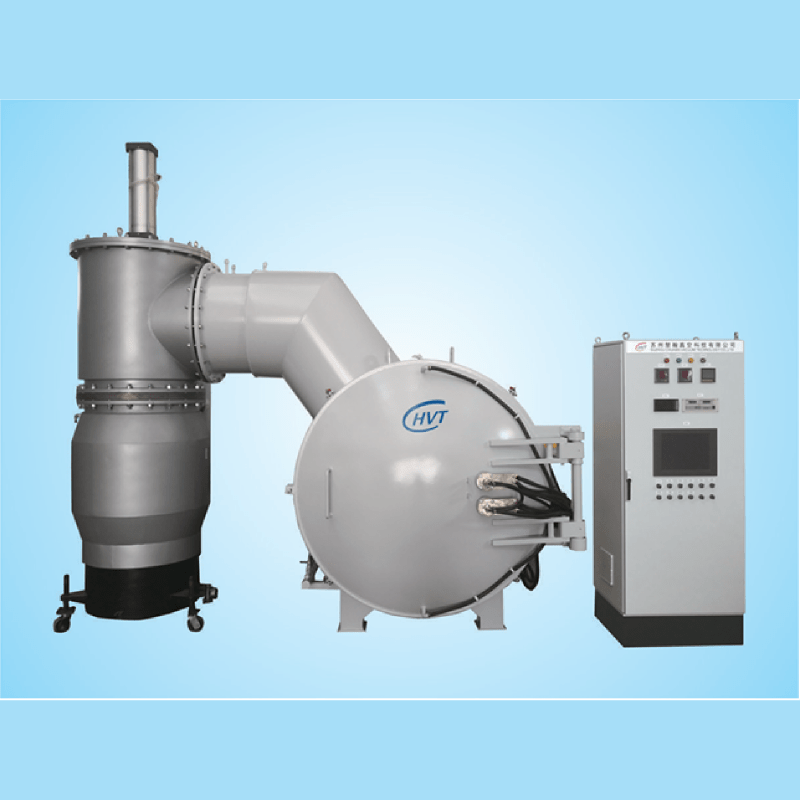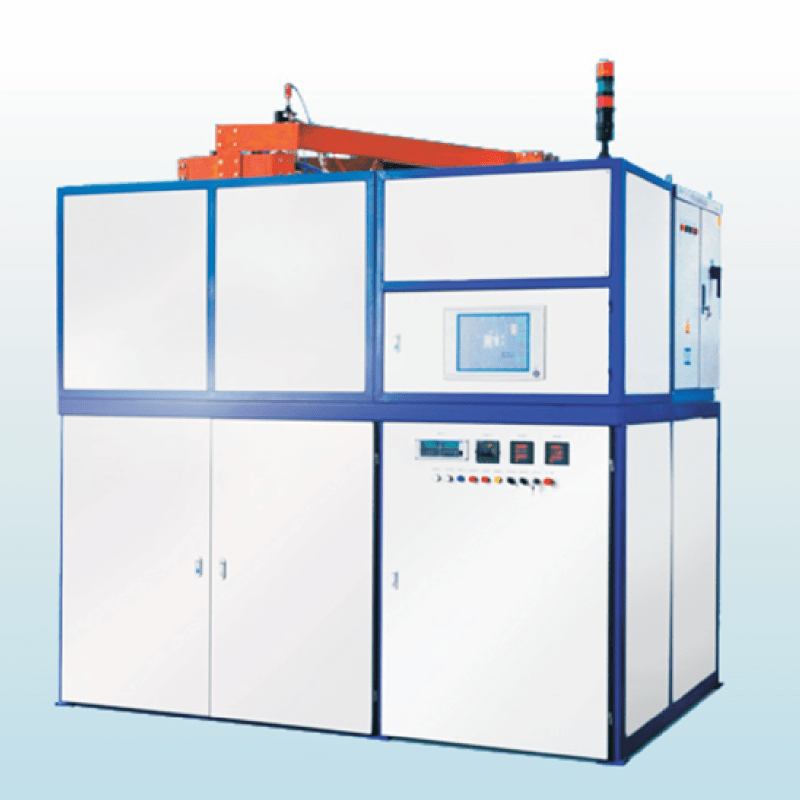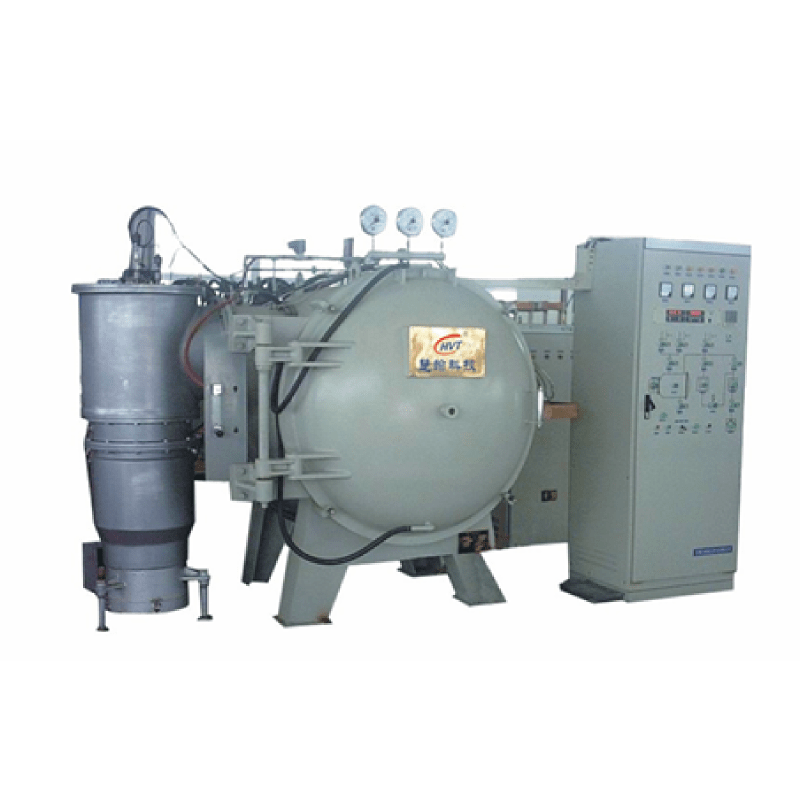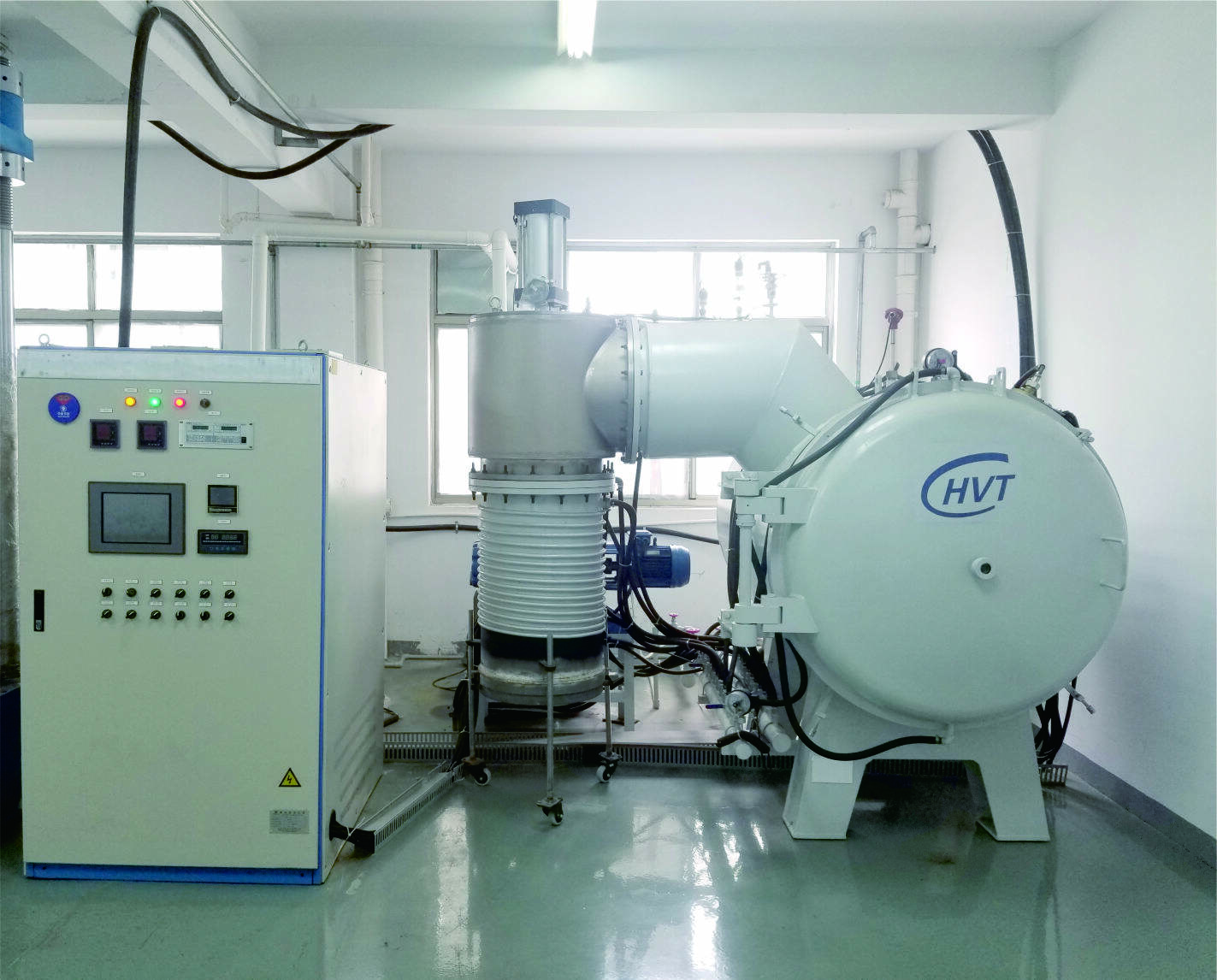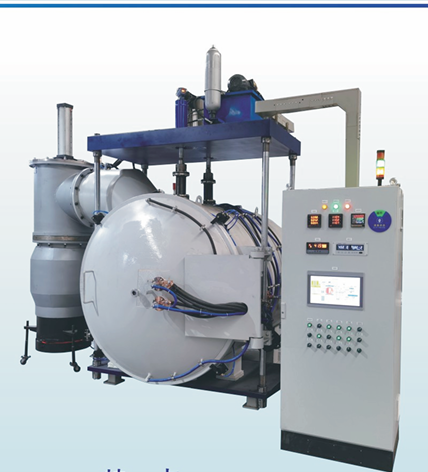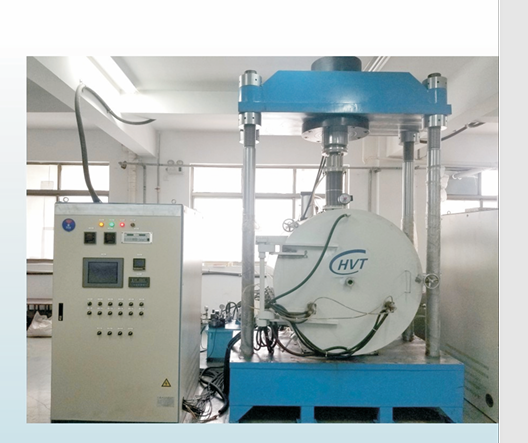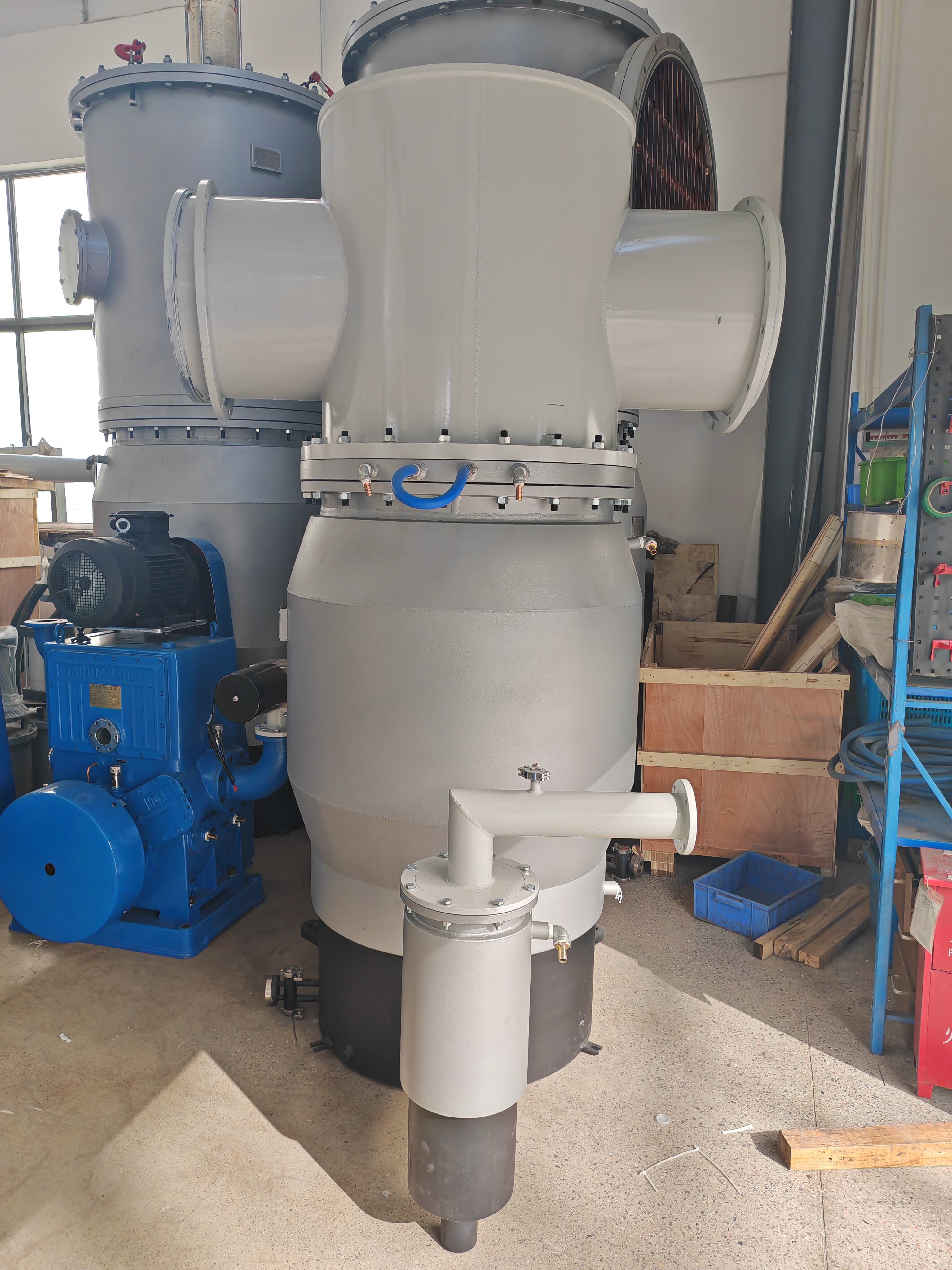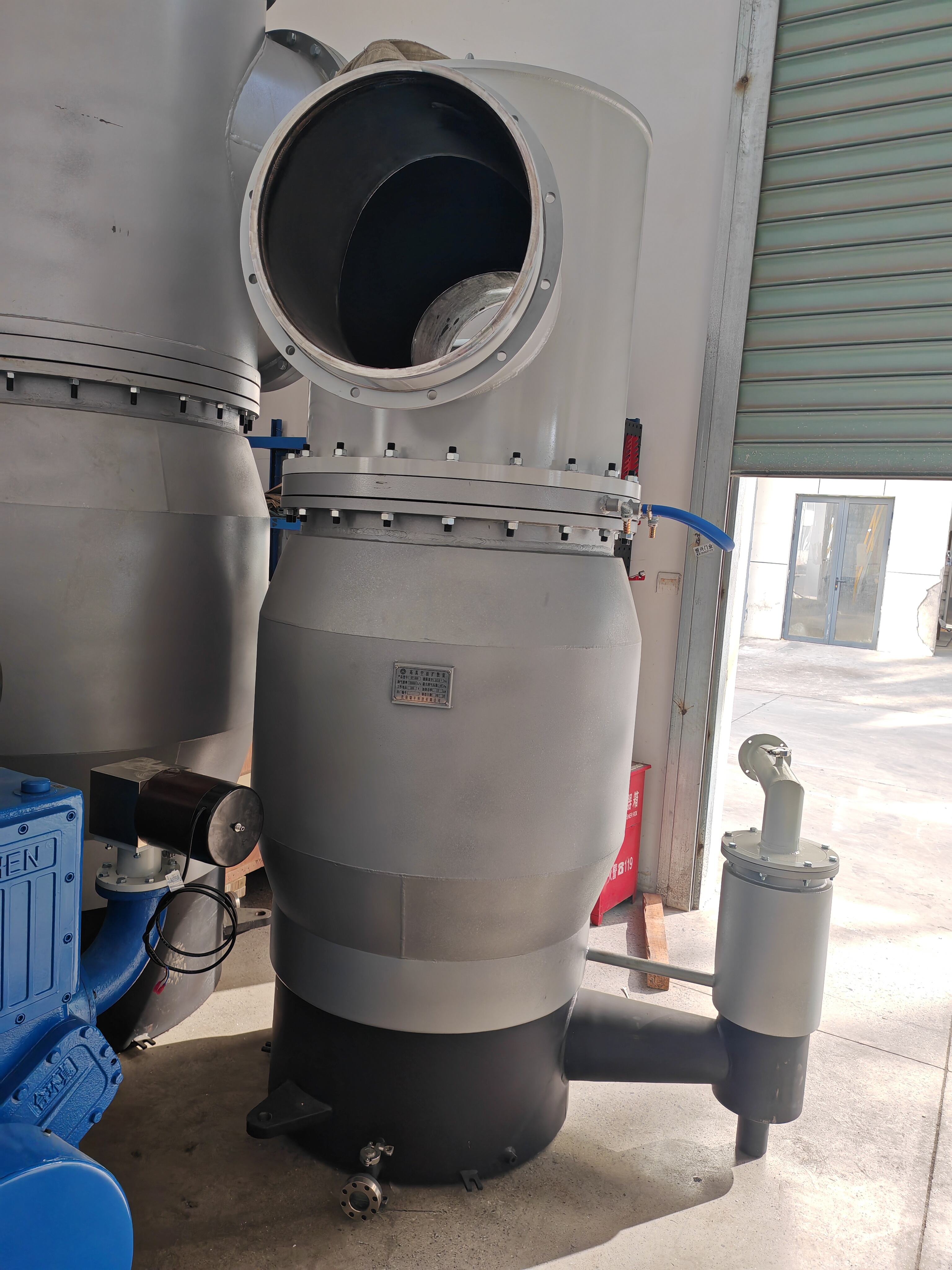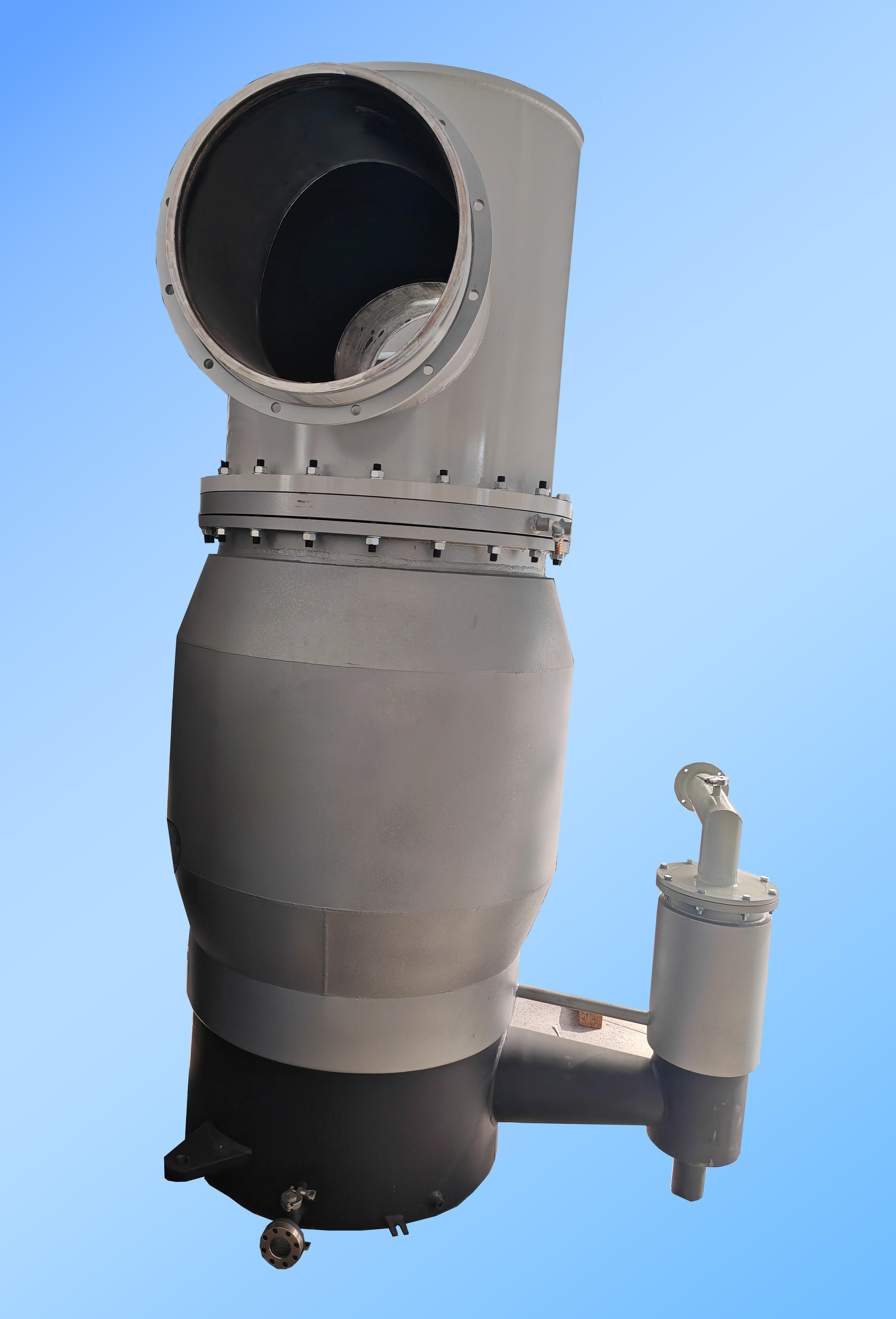diffusion pump oil price
Diffusion pump oil price represents a crucial consideration in vacuum technology applications, reflecting the quality and performance requirements of high-vacuum systems. This specialized fluid plays a vital role in maintaining optimal vacuum conditions by creating a vapor barrier that effectively traps gas molecules. The pricing structure typically varies based on factors such as purity levels, thermal stability, and vapor pressure characteristics. Premium-grade diffusion pump oils, while commanding higher prices, offer superior performance with lower backstreaming rates and enhanced thermal stability. The market presents various options, from standard mineral-based oils to advanced synthetic alternatives, each with distinct price points reflecting their specific capabilities. Manufacturers often provide different grades and quantities, allowing users to balance cost considerations with performance requirements. The investment in quality diffusion pump oil directly impacts vacuum system efficiency, maintenance intervals, and overall operational costs. Recent technological advancements have led to the development of specialized formulations that offer extended service life and improved resistance to oxidation, factors that influence their market pricing. Understanding the relationship between price and performance is essential for organizations seeking to optimize their vacuum system operations while managing budget constraints.

